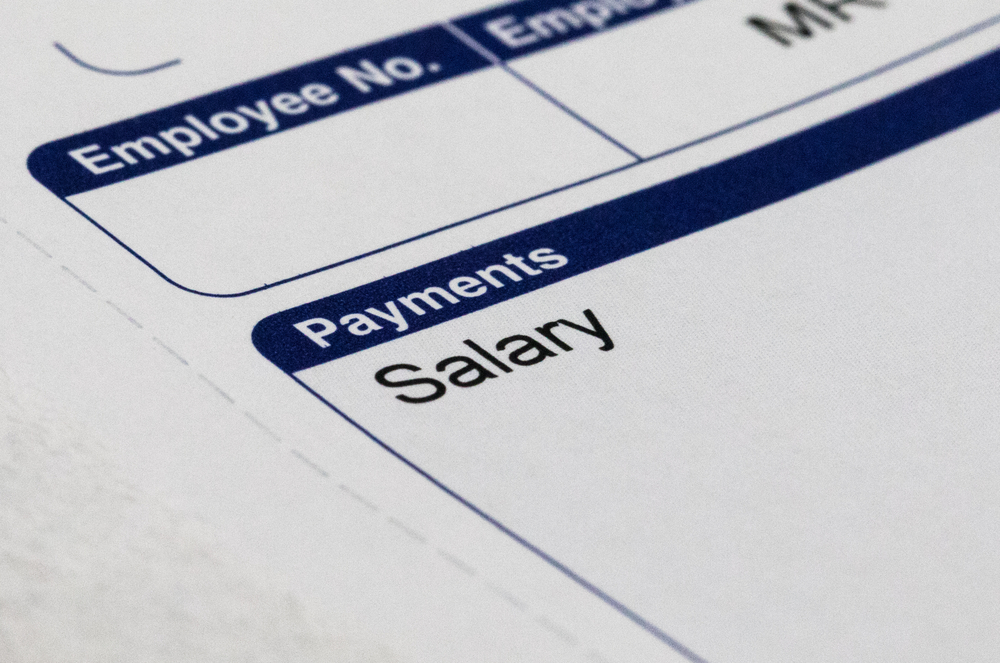The rate rises include a 2.2% increase in the National Living Wage to £8.91, the equivalent of more than £345 extra per year for someone working full-time.
In addition, more younger people will be eligible for the National Living Wage, as the age threshold will be lowered from 25 to 23 years old.
The rise means someone working full time on the National Living Wage from April 2021 will be taking home £5,400 more annually than they were in 2010.
Business secretary, Kwasi Kwarteng, said: “This increase will help millions of families in every corner of the country, while supporting businesses as we prepare to safely reopen our economy and build back better from the pandemic.
“I’d urge all workers to check their pay packet to ensure they’re getting what they are entitled to, and remind employers of their duty to pay the correct wage.
The new rates, announced at the chancellor’s Spending Review 2020, were recommended by the independent body the Low Pay Commission, following extensive consultation.
ACS chief executive, James Lowman, said: “Employment costs are one of the biggest operational challenges for retailers, who as a result of the coronavirus pandemic are already under immense pressure. Convenience stores provide local, flexible and secure jobs to over 412,000 people across the UK and we know from our research that increases to the wage rates have significant implications for retailers.
“We will continue to continue to work closely with the Low Pay Commission and the government to ensure that rising wage rates do not undermine investment and retailers’ ability to provide access to essential products and services.”
In response, Paddy Lillis, Usdaw general secretary, said: “The government has missed the opportunity to fully recognise the huge efforts low-paid key workers have made throughout the pandemic. Shockingly the TUC has found that one in three key workers are still earning less than £10 per hour.
“Millions of low-paid workers have provided essential services to help ensure the country is fed, healthy and safe through the lockdown and will continue to do so. Usdaw members employed in supermarkets, across the food and pharmaceutical supply chains and the funeral industry welcomed the key worker status, but that respect and appreciation must not fade into the background when this national crisis passes.”
 Talking Retail Grocery and product news for independent retailers
Talking Retail Grocery and product news for independent retailers






